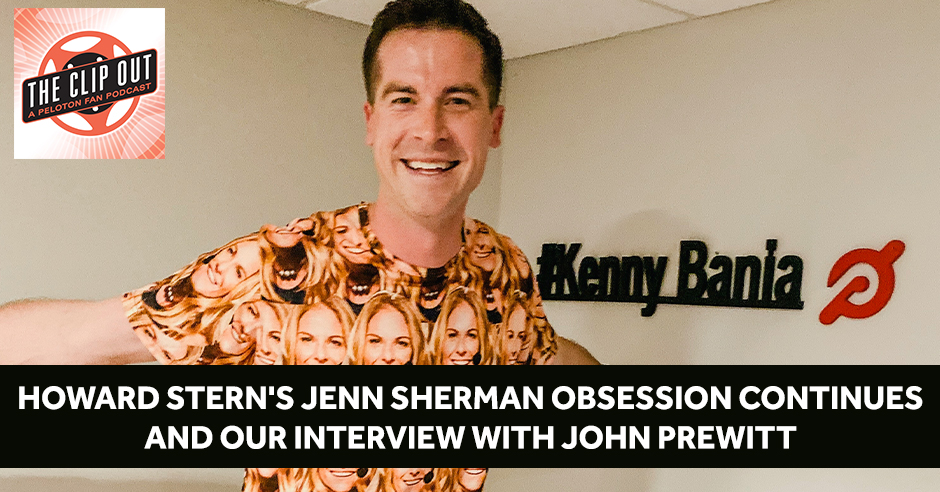

However, I think he's foolish if he doesn't see the benefits. So when Howard hears a dope like Elisa starting a podcast with no way to make money off of it and no speaking skills just because it's the latest trend, I can almost understand why he writes off the entire medium.

And he can do all of this without dealing with network execs and other bullshit, it's all on his time and in his control. Now, for example, when Joe Rogan comes to your town, he doesn't have to rely on people remembering "hey, isn't that the guy from Fear Factor?" to draw fans, because he has built a devoted audience that wants to hear his opinions and jokes because they dig what he says on his podcast.

What they are doing is forging a personal connection with an audience and advertising themselves as personalities, which in turn leads people to buy their albums, go see their shows, visit their websites, create industry buzz that gets them paying gigs, etc. What he doesn't see is that this isn't how most podcasts, including Ari's, are being monetized. In that regard, almost every podcast will seem unsuccessful. I this his views are coming off as antiquated because he views the only use of a podcast to be as a replacement to a regular Ol' radio show and that being a podcast host will be their main gig. Had he then followed his advice now (do it the way other successful broadcasters had achieved fame/wealth the time), there probably wouldn't be a "famous" Howard Stern. THSS radically broke the traditional way of performing on commercial radio.

As Howard has pointed out repeatedly, his show was unlike anything anyone was doing at the time. It certainly wasn't without risk even though it was a large payday for him personally.and it's that risk (which howard himself took) that drives innovation and breaks the status quo.Ĥ) The Howard Stern Show itself is testimony to breaking away from tradition leading to success. Many thought it could never compete with commercial radio because "who would pay for something they could get for free?" Howard took a chance on a new technology that was unproven versus traditional broadcasting. When Howard switched to sirus satellite, it wasn't even the largest or most successful of the "new" form of radio. Yet, should this fact, dissuade people from trying or performing in things they love?ģ) New forms of entertainment should not be dismissed because it has not yet reached the level of popularity of older media. Only a very select few become ultra wealthy (and that is still true today). Even in Howards situation, when he started, the radio market was saturated with personalities on regional am/fm stations around the country. In what profession does every entrant become successful, let alone rich? Most of the time, especially in entertainment/art, it's only a very small and select few. Howard got paid minimally doing something he loved with no guarantee of a big pay day and a derth of competition.so, even in Howards case, what he did wasn't just about making money.Ģ) This idea that everyone will get rich doing podcasts is the ultimate strawman argument. 1) the measure of success in art/entertainment is entirely monetary? Howard should have given up, long ago, when he was toiling and making only "$250" a week and as he has described when first started "not very good" radio.


 0 kommentar(er)
0 kommentar(er)
